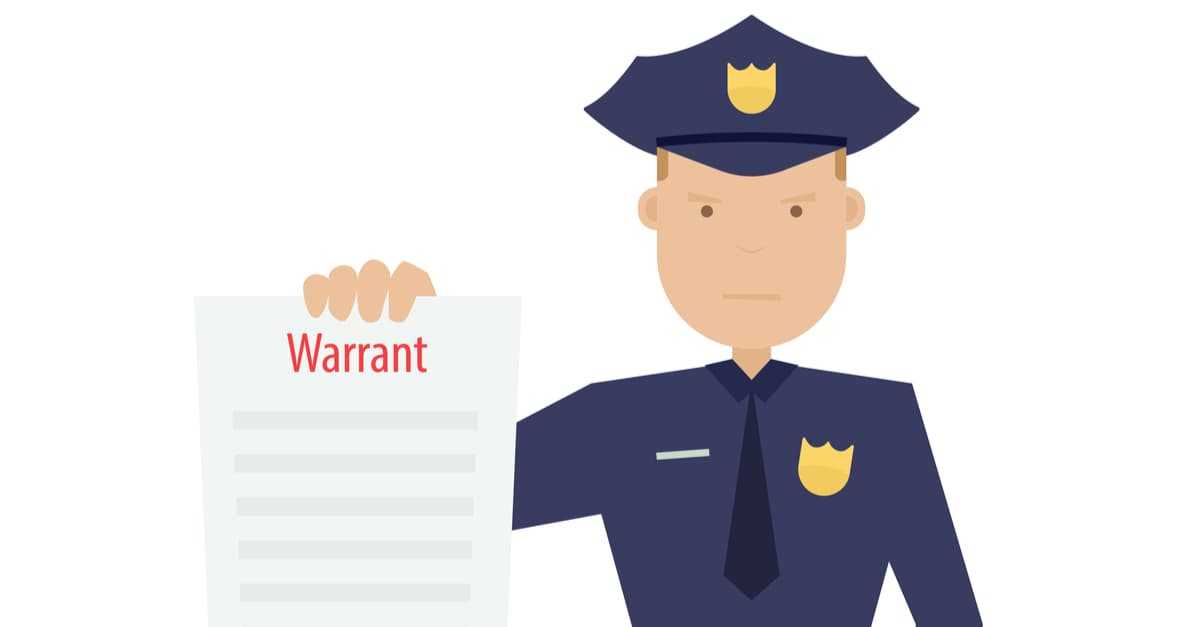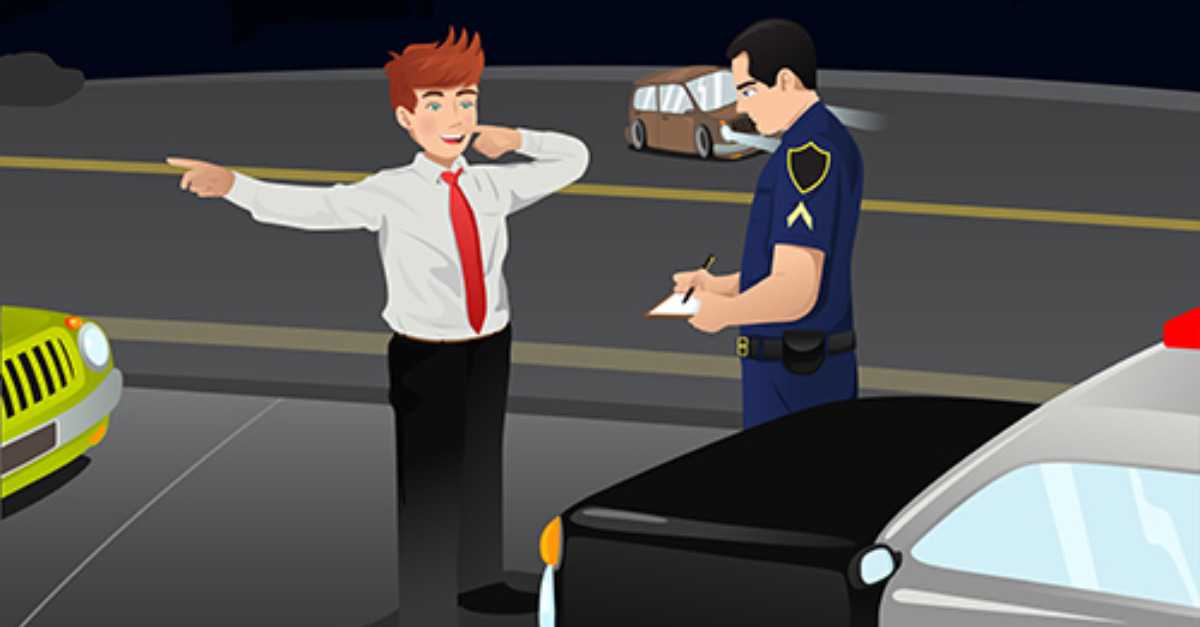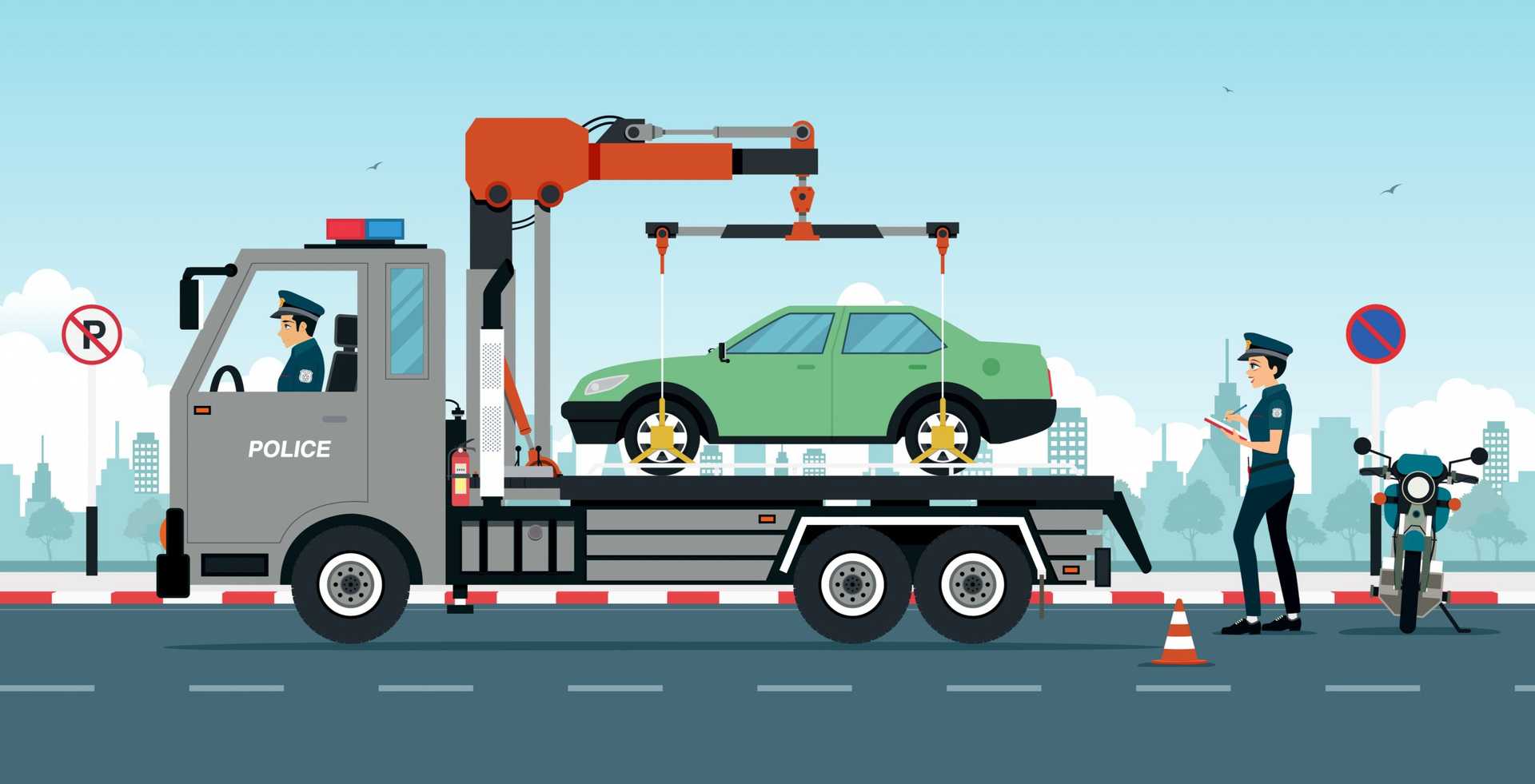Odor of Marijuana Alone Not Enough for Warrant in Arizona
In an important new split decision, State v. Sisco, No. 2 CA-CR 2014-0181(July 20, 2014), the Arizona Court of Appeals held that odor of marijuana alone is not enough to support a search warrant.
There, police applied for, and received, a warrant for a warehouse “based only on information about scent” of marijuana. See Sisco, supra at ¶ 5. Upon entrance, they found marijuana and arrested Sisco for several felonies.
However, Sisco filed a motion to suppress the marijuana (and effectively have the charges dismissed), arguing that the warrant was obtained without probable cause, and therefore violated the United States Constitution, Amend. IV.
The trial judge, Hon. Howard Fell, Pima County Superior Court, denied the motion, and the defendant was convicted. However, the Court of Appeals (Eckerstrom, J. Presiding) reversed, vacating the convictions and ordering the evidence suppressed, by holding that odor of marijuana alone does not establish probable cause to support a warrant.
In so holding, the court reasoned, first, that “probable cause” is “a higher standard than reasonable suspicion.” Id. at ¶ 9. Moreover, where a “description of circumstances fits any number of other individuals not engaged in criminal activity it fails to establish probable cause.” Id. quoting State v. Swanson 172 Ariz, 579, 586 (App. 1992) (internal punctuation omitted).
Second, because of the passage of the Arizona Medical Marijuana Act (AMMA), marijuana is now legal in Arizona in certain circumstances.
Sisco, supra at ¶ 16. Therefore, just because police smell marijuana doesn’t mean it is a necessary or likely signal of illicit activity; to the contrary, it may well be a sign of perfectly legal activity under the voter-approved AMMA. Id. at ¶ 17.
This case will likely have application in at least two common situations involving automobiles.
Vehicle Searches
First, it has long been the law that police may engage in warrantless searches of automobiles where they have probable cause that criminal activity is occurring. See e.g. California v. Carney, 471 U.S. 386,392-93(1985) (warrantless search of stationary motorhome because police had probable cause that occupant was selling drugs); United States v. Ewing,638 F.3d 1226, 1231 (9th Cir. 2011( warrantless search of automobile valid because police had probable cause passenger was parolee).
This automobile exception to the warrant requirement is based on both the lessened expectation of privacy in and the inherent mobility of an automobile. However, case law from around the federal circuits has almost uniformly required probable cause of criminal activity as a constitutional prerequisite to a warrantless non-consensual automobile search.
Therefore, because Sisco has now established that odor of marijuana alone is insufficient to establish probable cause of criminal activity in Arizona, in my view warrantless searches of automobiles based on odor of marijuana alone will no longer be permitted.
Application to DUI
Second, although Sisco, by its own terms, applies only to searches, I believe the case will likely apply, albeit to a more limited extent, to certain DUI detentions.
Almost all DUI cases begin with a police officer ordering a suspect out of a car. This is known as a detention and it must be based on reasonable suspicion, which, as Sisco points out, is a constitutional standard lower than probable cause.
In those DUI cases where the police order the driver out of the car and detained on odor of alcohol alone, and particularly in those cases where no driving indicative of impairment is present (especially where no NHTSA cues at all are present), there is an argument that reasonable suspicion to detain does not exist. This is because the odor of alcohol is consistent, even more so than the odor of marijuana is, with a perfectly legal activity, albeit one that is much more common (namely, drinking).
Even though the standard is lower, the reasoning underlying Sisco, that where a “description of circumstances fits any number of other individuals not engaged in criminal activity it fails to establish probable cause,” may apply with special persuasive force to those certain DUI detentions based on odor alone.
Marijuana Resources:
Recommended Articles

Driving under the influence (DUI) is a serious crime in Arizona. If you have been arrested for DUI, it is important to understand your legal rights.

This blog will address what you can do to win a DUI case for parked cars and how to avoid, hopefully even getting charged.

The Supreme Court in a 9-0 opinion held that when a minor offense alone is involved, police officers can't enter the home without a warrant.

First, let’s figure out what kind of DUI it is. They’re usually misdemeanors unless there’s been an accident.

Today we’re going to talk about parked cars. Police sometimes approach you when you’ve legally parked a vehicle and are using it as a stationary shelter.

About Michael Harwin
Michael’s skill and experience have been recognized repeatedly. He holds an A-V 5/5 preeminent rating by Martindale Hubbell. He has been named one of the top lawyers in Arizona by Southwest Superlawyers, and one of the best lawyers in Tucson by Tucson Lifestyle Magazine. He also has been named one of the best lawyers in the United States by BestofUS.com , and given the highest rating possible by AVVO, 10/10 Superb. Amazon Books


